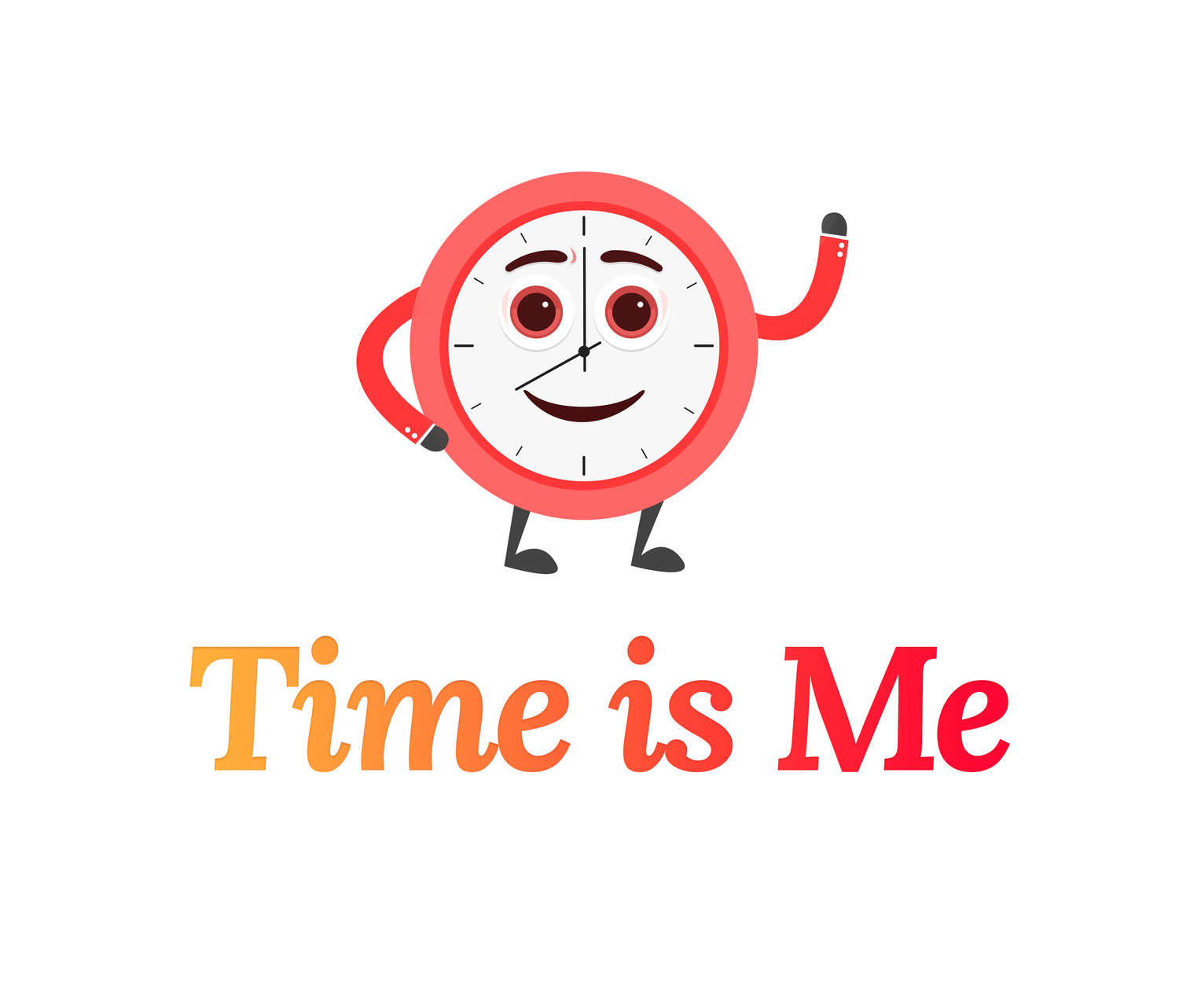Last week I discussed having patience with others who have ADHD. I do want to reiterate that you need to have patience with everyone. It can be also be challenging to have patience with yourself. If you are like me, I am easily impatient. To make matters worse if you have ADHD is that impatience is often a symptom. There are many reasons you require patience with yourself when you have ADHD. For example, even a focused and time orientated person like myself with ADHD will be late, go off track, and not plan properly or stick to the plan. Personally, it is a very interesting dichotomy of loving to plan, make and follow schedules, tracking time, budgeting time on one end and then the ADHD on the other side which involves impulsivity, disorganization, and inability to focus. As a person with both sides actively playing, I can go in either direction easily from day to day, hour to hour, and even minute to minute. While there are times where it is advantageous to be on either side (sometimes more impulsive and less scheduled can be more fun and spontaneous), the challenges that ADHD can create can definitely require more patient with yourself. Here are a few steps on what to do.
Acknowledge and accept your limitations. This is the most important step you can take to becoming more patience with yourself. We all have limitations, whether it’s from ADHD or somewhere else. We are all human and limitations to work with and stuff to overcome.
Schedule extra time. When you have ADHD, you may be over optimistic about what can be done and then get distracted while trying to achieve it. Don’t book yourself so solid that you have no wiggle room. As a bonus, this works very well for those without ADHD as well.
Know where your pitfalls are. If you get distracted under certain circumstances (such as time of day, locations, task structure, etc.) then it will do you a lot of good to take notes on yourself and when and how you work best.
Keep working at it. Persistence is important for everything we do. When things don’t go as planned and you are annoyed with yourself for not getting done what you planned on getting done, then it will do you the best to keep going and get better the next time, and the next time, and the next thousand times at least.
There will be no shortage of experiences that will allow you to become more patient with yourself if you allow yourself to learn from them. There are plenty of opportunities to know yourself better and know what works well and what doesn’t. That way if you run late to something after being busy for several days it’s no surprise. Having patience is difficult and is a challenge for everyone to some extent, so you are definitely not alone.

